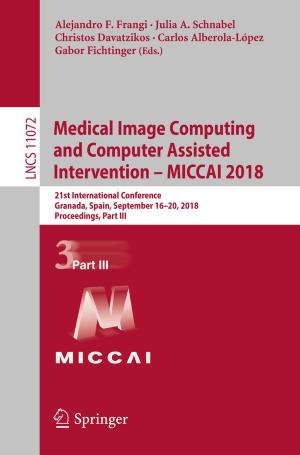Microbe-Induced Degradation of Pesticides
Nonfiction, Science & Nature, Technology, Agriculture & Animal Husbandry, Science, Biological Sciences, Environmental Science| Author: | ISBN: | 9783319451565 | |
| Publisher: | Springer International Publishing | Publication: | September 12, 2016 |
| Imprint: | Springer | Language: | English |
| Author: | |
| ISBN: | 9783319451565 |
| Publisher: | Springer International Publishing |
| Publication: | September 12, 2016 |
| Imprint: | Springer |
| Language: | English |
This book focuses on the microbial degradation of endosulfan, lindane, chlorophenols, organochlorine, aldrin, dieldrin, isoproturon and atrazine, etc. which are commonly used in crop fields to kill the pests. Further, it illustrates the role of degradative enzymes, metabolic pathways of degradation, toxicity of metabolites, and the factors regulating the pesticide degradation.
In view of persistence of synthetic pesticides, scientists have discovered suitable microbes, such as bacteria, fungi and algae (naturally occurring or genetically engineered) over the years. After successful trials under laboratory and field conditions, these microbes are being used to degrade chemical pesticides in agriculture. As of now 2.56 billion kg of chemical pesticides is used every year to protect agricultural fields against pest attack. These technologies have been found to be highly effective, eco-friendly and cost-effective without disturbing the agro-ecosystems.
As this book contains review articles contributed by various researchers from different countries whose work demonstrates recent advances in microbial degradation of pesticides, it will serve as a ready reckoner and also a valuable quick reference guide for scientists, academicians, cultivators and industrialists alike.
This book focuses on the microbial degradation of endosulfan, lindane, chlorophenols, organochlorine, aldrin, dieldrin, isoproturon and atrazine, etc. which are commonly used in crop fields to kill the pests. Further, it illustrates the role of degradative enzymes, metabolic pathways of degradation, toxicity of metabolites, and the factors regulating the pesticide degradation.
In view of persistence of synthetic pesticides, scientists have discovered suitable microbes, such as bacteria, fungi and algae (naturally occurring or genetically engineered) over the years. After successful trials under laboratory and field conditions, these microbes are being used to degrade chemical pesticides in agriculture. As of now 2.56 billion kg of chemical pesticides is used every year to protect agricultural fields against pest attack. These technologies have been found to be highly effective, eco-friendly and cost-effective without disturbing the agro-ecosystems.
As this book contains review articles contributed by various researchers from different countries whose work demonstrates recent advances in microbial degradation of pesticides, it will serve as a ready reckoner and also a valuable quick reference guide for scientists, academicians, cultivators and industrialists alike.















